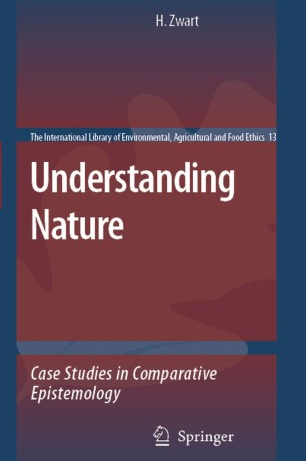
Understanding Nature : Case Studies in Comparative Epistemology
Publication year: 2008
ISBN: 978-1-4020-6492-0
Internet Resource: Please Login to download book
This summons clearly resonates with the “archetypical image” associated with water as a basic element, discussed in Chapter 2, water as the element of freedom, of mobility, of widening one’s horizon. Although Nietzsche himself refrained from doing what he summoned others to do, scientists like Darwin and novelists like Melville actually went to sea. Darwin, although regarded by Nietzsche as an arid 6 and mediocre mind, exposed himself to the experience of a long-term trans-oceanic voyage in the course of which he did discover new worlds, new justifications, new moral watchwords even (“struggle for life”) that were to have a tremendous impact on science, philosophy and even culture at large. Other perspectives are present in Moby-Dick as well, such as the theologian’s one, depicting the whale as the biblical Leviathan and the ocean as that part of the world where the great flood never abated.
Subject: Humanities, Social Science and Law, Charles Darwin, Comparative epistemology, History of the Life Sciences, Natur, Phenomenology, Philosophy of the Life Sciences, Science and literature studies, epistemology, knowledge, reason, science, technology